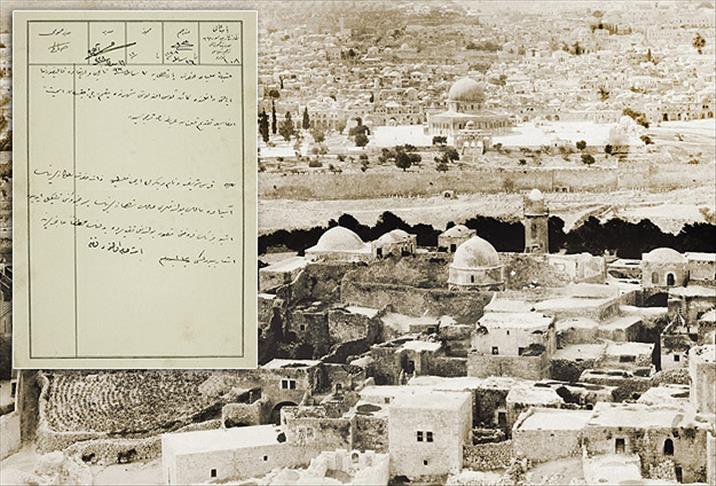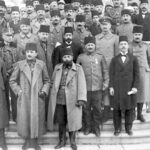Did Palestine betray the Ottomans? The subject is frequently researched by history buffs. The Ottoman Empire ruled Palestine for about four hundred years, but At the end of the 19th century and At the beginning of the 20th century, the Ottoman territorial losses accelerated. The Ottoman Empire, which lost its influence in the Middle East to a large extent during the First World War, also lost its dominance over Palestine with the capture of Jerusalem by the British in 1917.
How Did Palestine Separate from the Ottoman Empire?
The process of the Ottoman Empire’s loss of Palestine is a complex process with the effect of both internal political difficulties and foreign interventions. Palestine’s separation from the Ottoman Empire is a multifaceted issue that cannot be explained only by the betrayal of the Palestinians by the Ottomans. Most of the Arab people in Palestine remained loyal to Ottoman rule, but the independence of some local leaders and the influence of the British brought an end to Ottoman rule in the region.
Şerif Hüseyin, one of the most important actors in this process, and his supporters played an important role in the withdrawal of the Ottoman Empire from the region. The sale of land in Palestine and the British support for Jewish settlers were also among the factors that changed the socio-political structure of Palestine.
How Did the Ottoman Empire Lose Palestine?

The Ottoman Empire annexed Palestine with the Battle of Mercidabiq in 1516 and ruled it directly from Istanbul for nearly four centuries. However, in the 19th century. Throughout the century, the central authority of the Ottoman Empire began to weaken and uprisings increased in the region. During this period, Western powers such as England, France and Russia began to increase their influence in the Ottoman territories and made various moves to gain influence in order to protect their strategic and economic interests in the Middle East.
One of the most important problems faced by the Ottoman Empire during this period was to maintain the balance between ethnic and religious groups in the region. 19. Throughout the century, Arab nationalism began to spread, and local leaders in the region sought independence from Ottoman rule. With the rise of Arab nationalism, the administration of the Ottoman Empire became more difficult. In this process, Britain formed a resistance movement against the Ottoman Empire by cooperating with some Arab leaders in the Middle East.
When Did Palestine Betray the Ottomans?
The strengthening of Arab nationalism in the last periods of the Ottoman Empire and the independence demands of some Arab leaders brought to the agenda the views that the Palestinians betrayed the Ottoman Empire. However, it is known that most of the Palestinian Arabs remained loyal to the Ottoman administration and served in the Ottoman army in the First World War. According to the Ottoman archives, the majority of Arabs remained loyal to the Ottoman Empire, and most of the people, except for Şerif Hüseyin and his supporters, participated in the war on the side of the Ottomans.
Who is the Commander Who Betrayed the Ottoman Empire on the Palestine Front?
Sharif Hussein started the Arab Revolt against the Ottoman Empire in 1916 in cooperation with the British and fought against the Ottoman Empire in return for the promise of establishing an independent Arab state. Some Arab leaders in Palestine also believed in the promises of the British and took a front against the Ottomans. However, this does not mean that all Palestinians betrayed the Ottoman Empire. On the contrary, more than 200 thousand Palestinians and Arabs served in the Ottoman army and lost their lives in the war. Most of the Palestinian people sided with the Ottoman Empire and did not participate in the rebellion.
For more information:
- [Wikipedia – Ottoman Loss of Palestine](https://tr.wikipedia.org)
- [Milliyet Blog – Did Palestine Betray the Ottoman Empire?](https://blog.milliyet.com.tr)
- [GZT – Palestine and Ottoman Relations](https://www.gzt.com)










